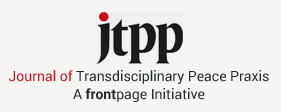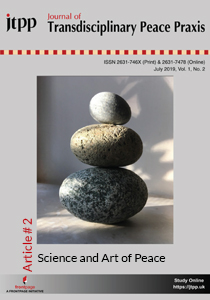Description
Science and Art of Peace
Samir Kumar Das (Professor of Political Science at the University of Calcutta, India)
The paper argues that there are different kinds of peace and peace achieved through pacification and peace based on some durable solution to conflicts by respecting the triadic principles of rights, justice and democracy are certainly not the same.
These two different kinds of peace also extract two very different kinds of cost for their production and reproduction. The cost of pacification just enough for the purpose of bringing the economy back on developmental track is amenable to utilitarian cost-benefit analysis and is considered worth paying for mainly in official circles, when compared with the exceedingly high cost that societies in conflict over a prolonged period of time are condemned to pay.
This peace, however, is not necessarily a recipe for people’s entitlement to and realisation of the triadic principles of rights, justice and democracy. How does one make the journey from one peace to another? Who pays the cost of peace that benefits all? Is peace then a public good?
The paper with the help of a series of recently conducted ethnographies seeks to find out answers to these questions. While the peacemaking initiatives of this nature do not stand the test of utilitarian calculations for they appear to be costly, they are nevertheless considered as significant—so significant that the cost is always considered at least by some as worth paying for.





